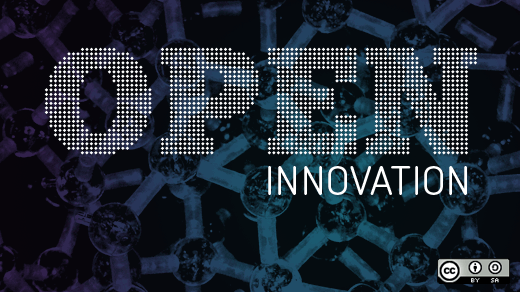The other day I heard the phrase every open source educator hates to hear: "Well, you get what you pay for..." So, this time in my talk to the group, instead of explaining that 'free' means 'free as in freedom' not 'free of cost', I changed it up. I replied, "You're right you do."
What did I mean? How could I agree with this person? Well, with open source you can always pay to get new features written, but you also can pay with your time to improve the product. If 'free' can mean multiple things, so can 'pay'. When it comes to open source, you have the freedom to improve the product and that means you can pay with your time (reporting bugs, suggesting features, writing documentation, etc), your skills (writing code, debugging software, etc), or your money, to improve the product at any time. If however you just download the product and use it for free, then you don't have the right to complain when it doesn't do what you want.
A great example of this happened on a Thursday. I got a report from one of our partner libraries that they wanted Koha to function a specific way. I explained that that would be a new feature, and I'd recommend it to the community. I reported an enhancement request in the afternoon. On Friday, when I logged in to our IRC channel, I had a message waiting for me from a developer saying that they had fixed the issue I reported! I went in to Bugzilla, checked out the patch, and tested it. I was able to get the patch to work perfectly, so I gave it my sign off and by Tuesday the following week it has passed quality assurance and was ready for our release manager to review it.
That right there is the beauty of open source and the benefit of 'paying' with your time. We get so used to software that forces us to just deal with the menus and settings they provide that we don't think to suggest new features when we switch to open source, but if you do you might just get what you'd paid for.






16 Comments